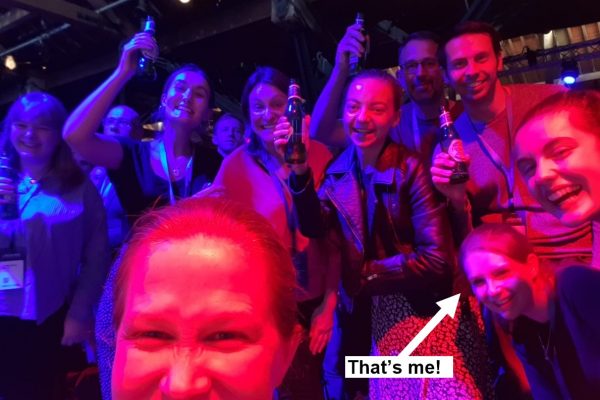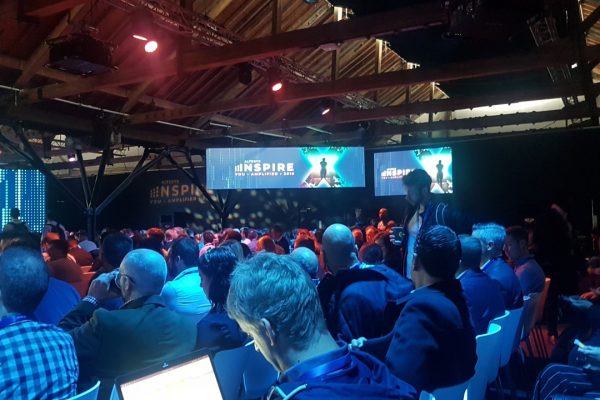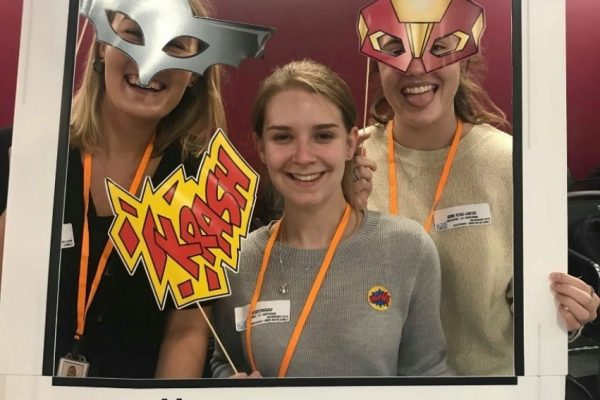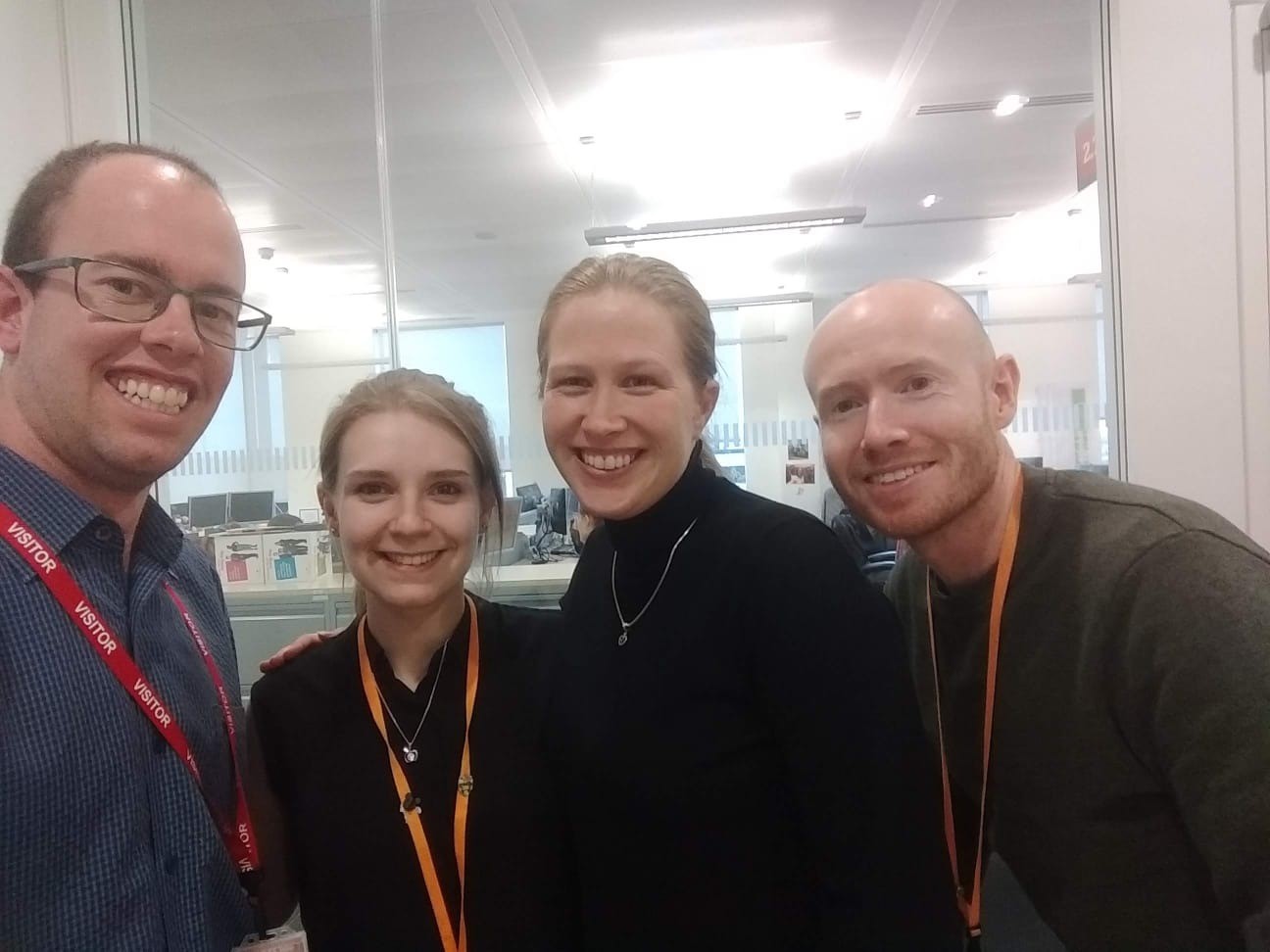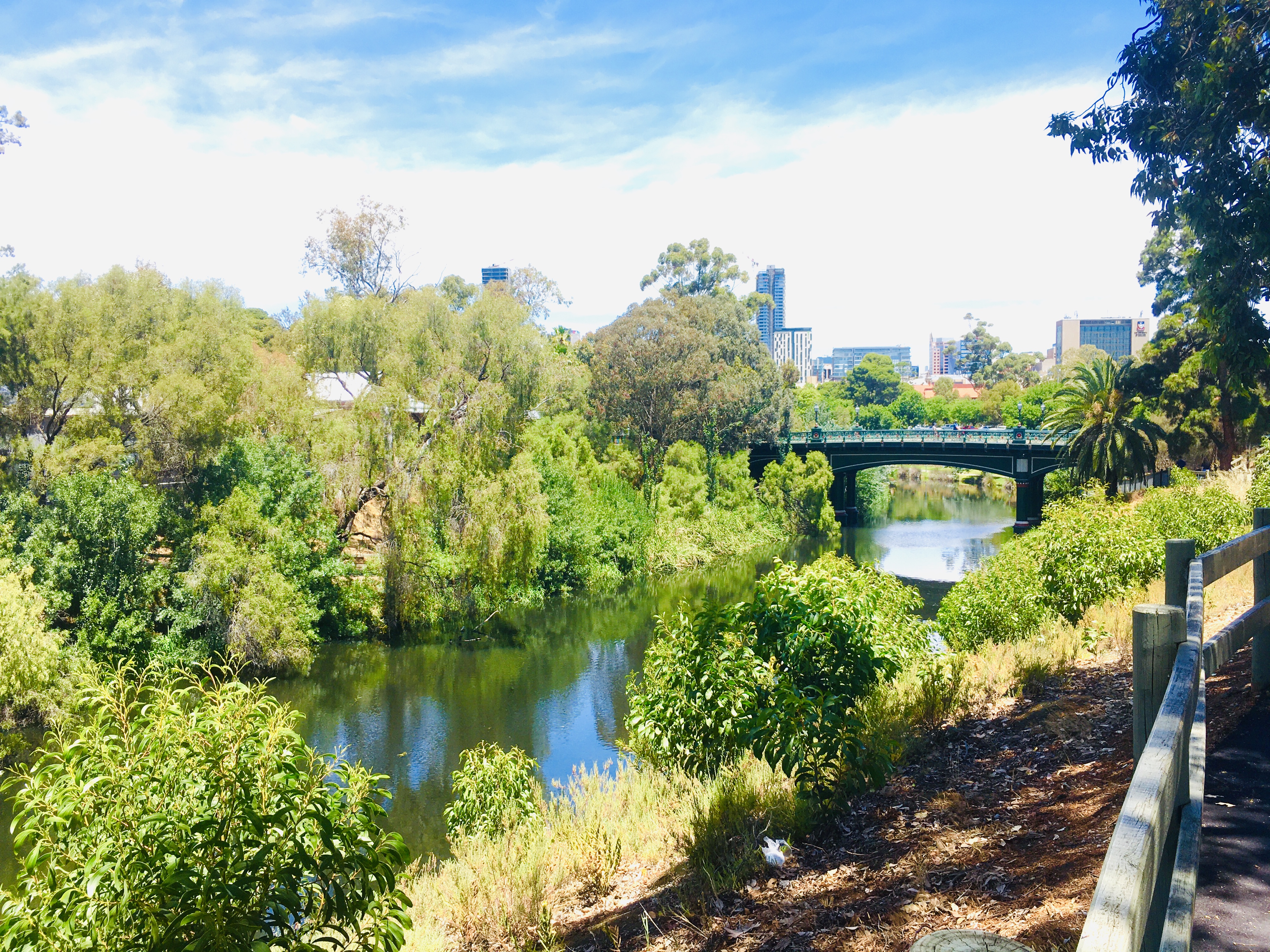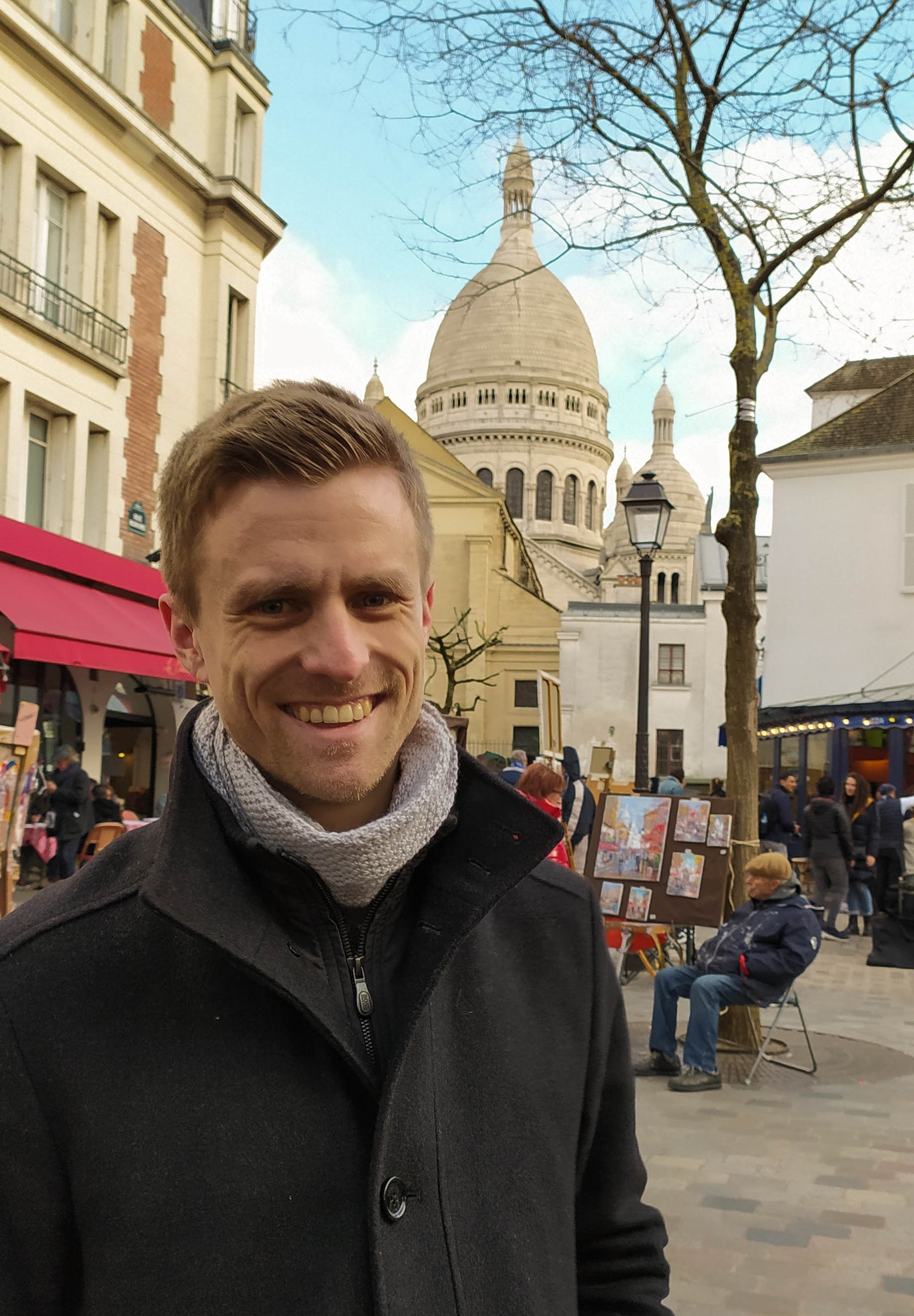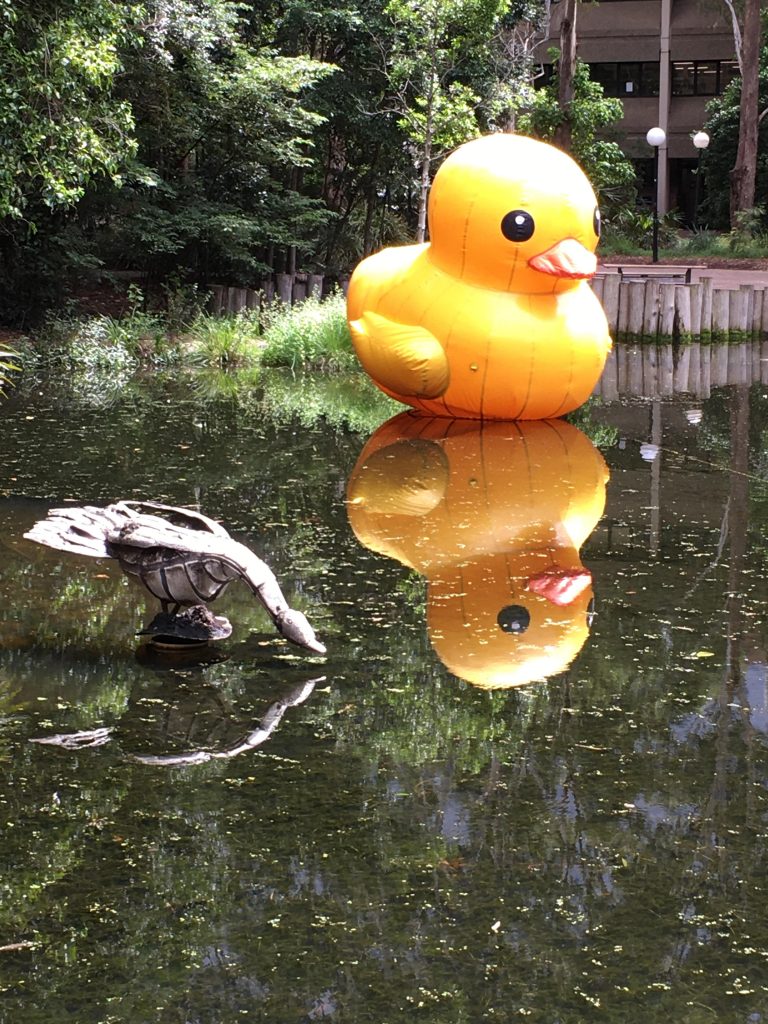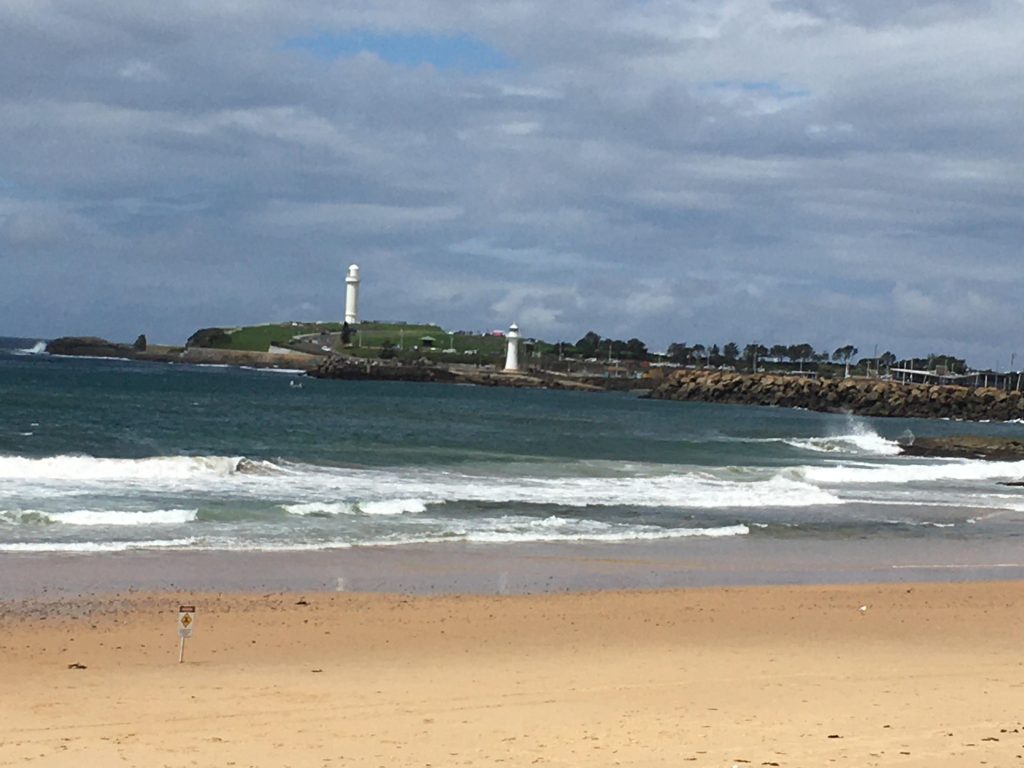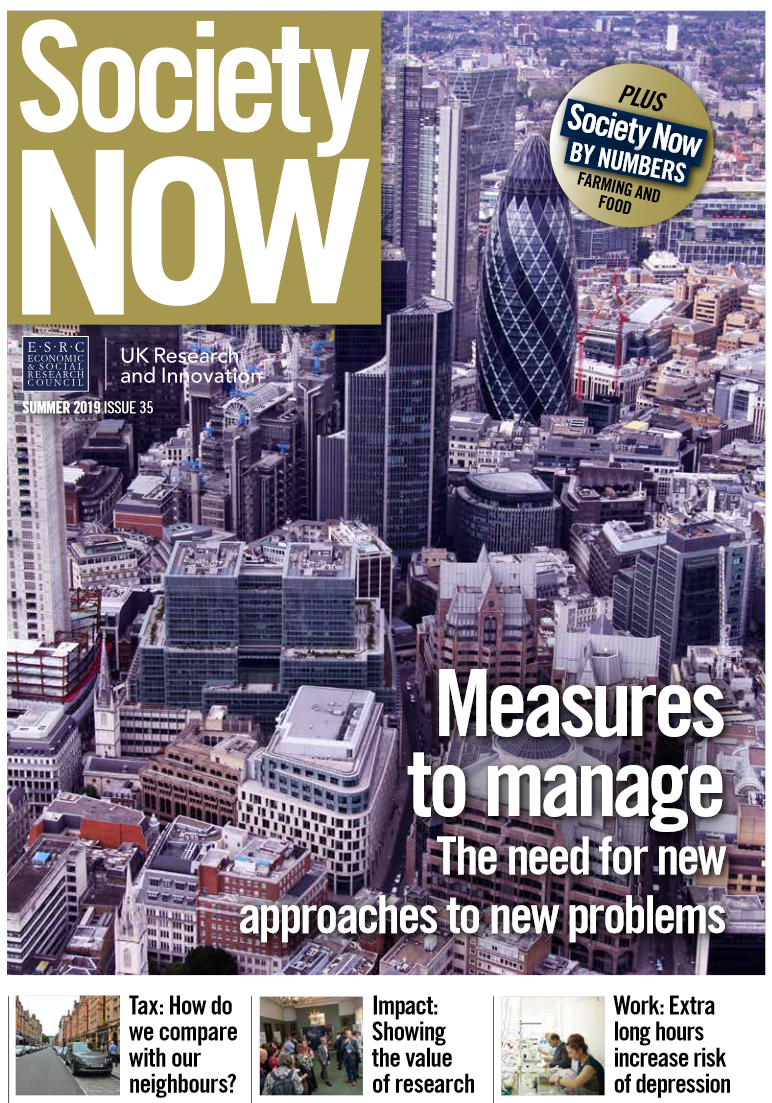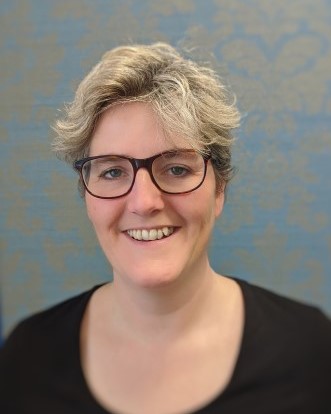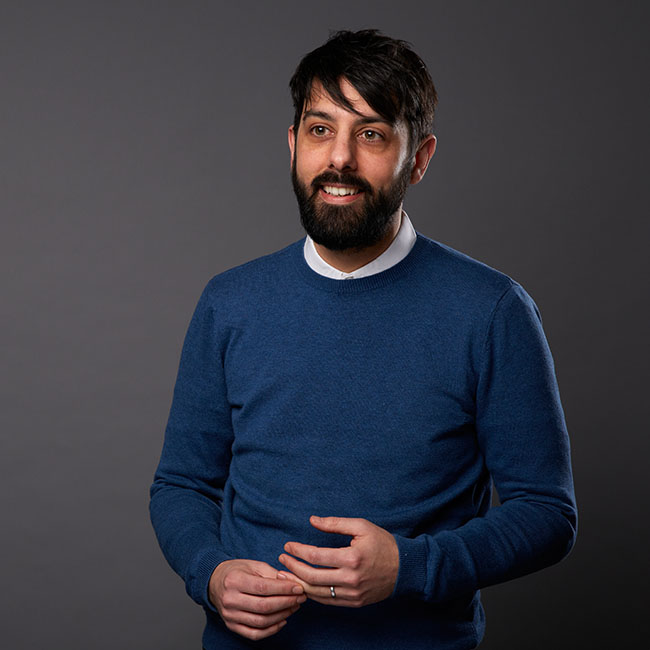The university itself offered a great range of opportunities not only to meet high-end academics, politicians, policymakers, and other celebrities, but also to collaborate and mingle with students and staff. The basis for this were regular seminars over lunch (often with delicious baguette-sandwiches of course), regular soirées pour les enseignants (a meet-up over cheese and wine for all teaching staff, both internal and external), and a physical set-up that made it easy to reach out across faculties. Politics and political economy PhD students, for example, were all sitting in one room, right next to the economists and some sociologists – all sharing the same kitchen facilities where most of the exchange took place. Such basic things were, in my view, more effective to foster interdisciplinary collaborations than any conferences or top-down initiatives. In such an environment, it happens organically, and one learns about different methods and techniques, which one would not have thought of otherwise. The best example here is perhaps the use of the Quanteda package in R, which is a very useful tool for analyse texts, and which I was introduced to by several political scientists analysing parliamentary speeches.
Outside the university, it is needless to say that there are probably few places in the world that have more to offer than Paris. Museums, art galleries, libraries, restaurants, wine bars…the list is endless. I have had friends from Sciences Po inviting me over to French Poésie-Nights, where we enjoyed some good wine and listened to people performing their favourite poems, sometimes to some nice acoustic sounds in the background. A bunch of Southerners from Toulouse and Marseille, who I met during one of our Sciences Po football sessions, helped me to explore some of the nicest restaurants and wine bars in Paris, and offered a fantastic place to stay, hang out, and relax at night. I also joined the parish of Saint-Germain-des-Près, which is the oldest church in Paris, but where the masses and séances were as full of energy and enthusiasm, as I have not seen it elsewhere. Here too, I have found a great circle of friends that will be with me way beyond my OIV.




